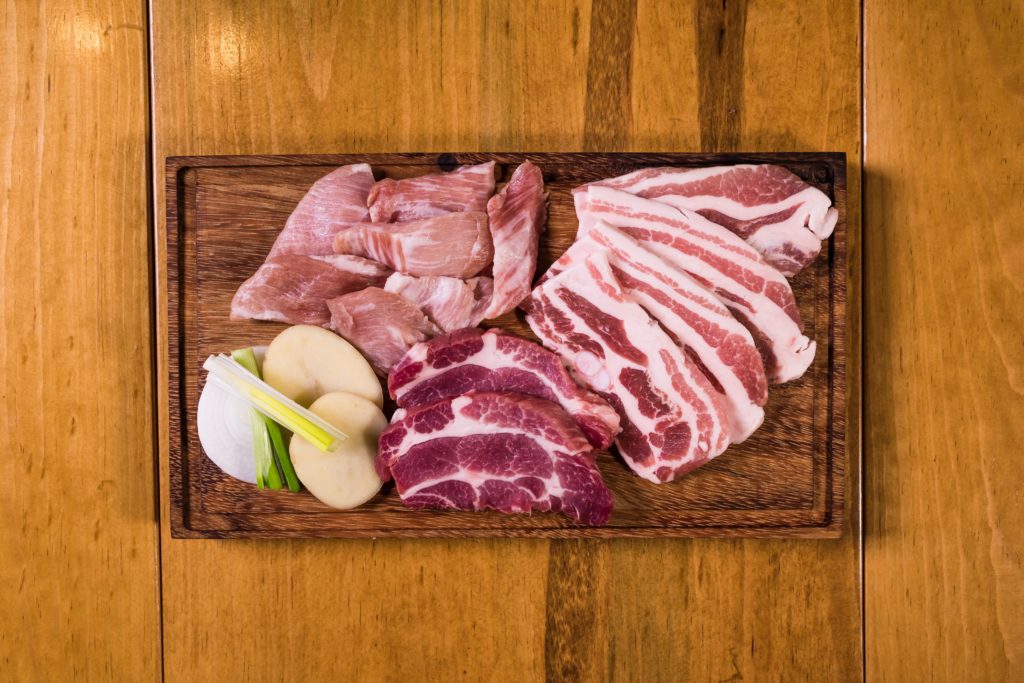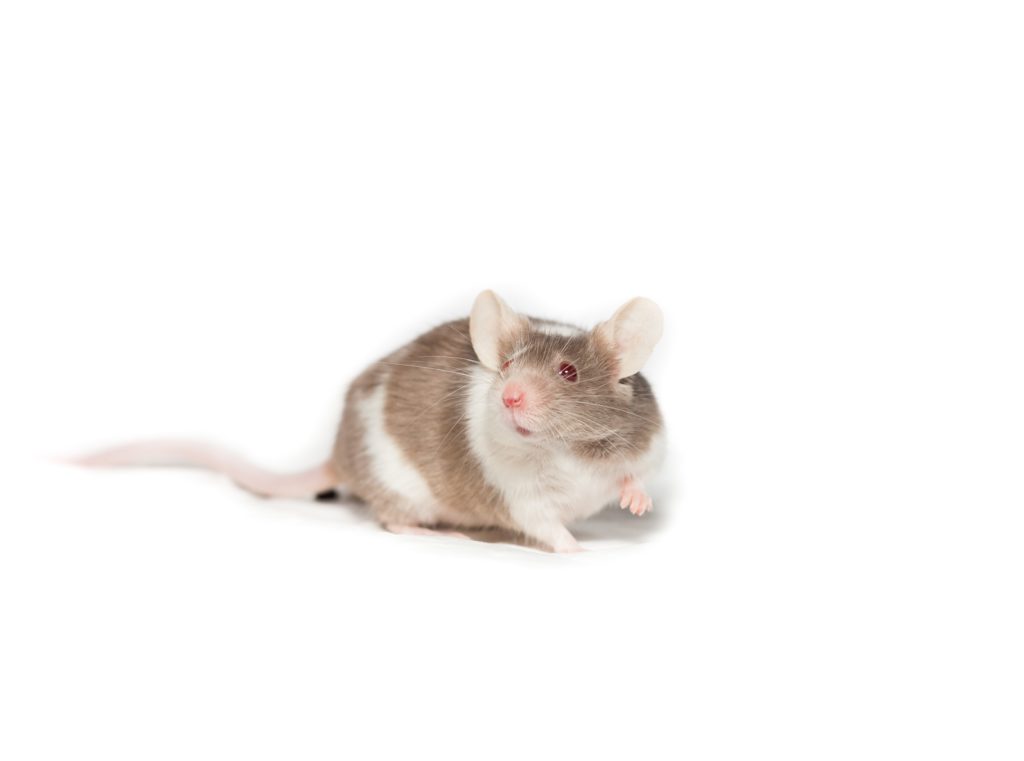3 Mins Read
The EU is being asked by the European Parliament to get behind promotion of meat reduction and full plant-based living as ways to reduce cancer risk. The move is designed to tackle the widespread issue of cancer within Europe, which sees 3.7 million new cases identified each year.
Cancer is the second largest killer in Europe, totalling 1.9 million deaths. Moving to promote healthier lifestyles that can prevent cancer rates from worsening is being heralded as a step forward. The Special Committee on Beating Cancer (BECA) has been particularly vocal in its support of the initiative.

Ditching meat to live longer
Meat, highly processed foods and those high in saturated fats, salt and sugar will all be in the firing line of the new campaign. Educating consumers as to the downsides of eating such items will be balanced with information about plant-based and healthy alternatives. The move signifies a shift from treating cancer once it has already taken hold, to preventative lifestyle choices.
“We will finally be able to fight effectively, together, against the health inequalities that persist within the European Union and respond to the needs of millions of Europeans affected by this disease,” Véronique Trillet-Lenoir of BECA said in a statement.
Many foods considered traditional in European communities have been highlighted as carcinogens. Heavily processed meats, pork and beef especially, are shown to contribute significantly to the risk of getting cancer. Though it will take time to get the message that health is more important than heritage across, it is a conversation that the European Parliament is demanding support to initiate.
Initial endeavours are set to include clear food product labelling, with front-of-pack health warnings designed to inspire better choices. The European Commission and all Member States have been asked to consider implementing this, going forward.
Supported by science
Calls to support people’s transitions towards a plant-based diet come after new research was used to update the EU food promotion policy last month. The EU Commission has set aside €170 million to promote a healthier and more sustainable food system. Attention will be diverted from red and processed meats, in favour of whole foods and plant-based alternatives.
“There is mounting scientific evidence that the consumption of meat and dairy products can have a detrimental impact on human health,” Dr Joanna Swabe, Humane Society International (HSI)’s senior director of public affairs, said regarding the new focus on plant-based living. “The World Health Organisation (WHO) warns that processed meats are carcinogenic, that red meat probably increases your risk of bowel cancer, and that eating the equivalent of less than two slices of bacon a day increases your chance of colorectal cancer by 18 percent.”
In contrast, a diet rich in legumes, pulses and fibre has been shown to be a valuable weapon in the fight against cancer. Recently, Unilever joined other influential parties advocating for meat reduction. Releasing research that surprised many, the conglomerate has stated that meat-free eating is healthier for people and the planet.

A broader animal-free policy
In addition to promoting plant-based eating, the new EU initiative will seek to end years of animal testing. Widely considered to be a defunct and unnecessary practice, non-animal biomedical testing will be promoted as the new standard. It comes after it was revealed that up to 95 percent of cancer drug trials, carried out on animals, result in non-approval.
Medicine in kitchen cabinets
Links between cancer, red meat and processed foods are not hard to find. Numerous studies have been conducted, with findings being made publicly available. However, less frequently discussed are the ingredients that can actively lower the risk of cancer. Chief amongst them are mushrooms. A natural defence against various forms of cancer, mushrooms were discovered, last year by Penn State University researchers, to be “potent cellular protectors”.
Lead photo by Photo by cottonbro from Pexels.




